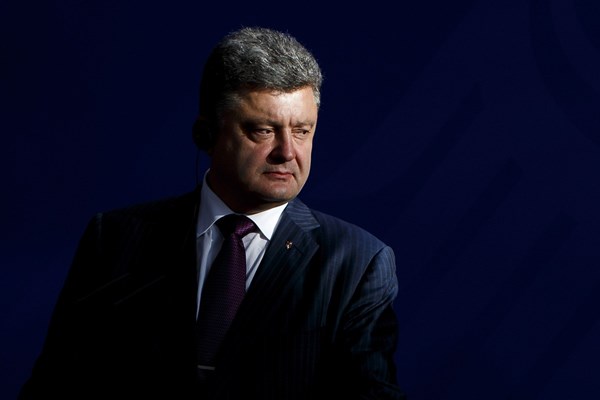International investigation reveals that Ukrainian President set up an offshore company to avoid taxes and not to facilitate the sale of his chocolate business
The purpose of creating an offshore corporation for Roshen, a confectionary business owned by President Petro Poroshenko, could be to minimize taxes rather than transferring the business into a blind trust for further sale, as indicated in an investigative report conducted by the Organized Crime and Corruption Reporting Project (OCCRP), an independent investigative journalism community, and the Slidstvo-info investigative journalism outlet, reported Hromadske TV.
According to the investigation, the attempted re-structuring of the Roshen Corporation to an offshore model was done to reduce taxes on profits or in the event of the sale of the company.
Currently, according to journalists, Roshen continues to be owned by a Netherlands-based company.
The Suddeutche Zeitung German newspaper received and shared with the International Consortium of Investigative Journalists (ICIJ) and the OCCRP documentation that in June 2014, lawyers from the Avellum law firm (Ukraine), representing Poroshenko’s interests, wrote a letter to lawyers from the Appleby law firm (Isle of Man).
“The matter is of an extremely delicate nature. The client’s name is Petro Poroshenko. We are tasked with the re-structuring of his confectionary business (Roshen). In order to obtain access to international markets, we are going to found a new holding group company based in Luxemburg. This holding company will be structured on a sub-holding that will own all companies from the operating network. For tax purposes, the Luxemburg-based holding company will be owned by a firm based in Cyprus. That firm will be owned by an offshore company - we prefer the Isle of Man, though the British Virgin Islands is also an option… This offshore company will own all shares and receive dividends. Sale of shares is possible if an investor with an attractive price comes along,” the letter wrote.
As it appears from the experts’ findings, the avoidance of taxes was the true goal behind the creation of at least one of the three overseas companies, part of the complex Roshen offshore structure, while the sale of Roshen, one of central pre-electoral promises of Poroshenko, was mentioned in the letter merely as an option.
Previously, Poroshenko justified the existence of the aforesaid offshore model solely as part of his intention to put the confectionary business into a blind trust, journalists recalled.
But according to experienced lawyers, the wording of the letter does not provide for a trust as a goal for creation of the offshore structure, moreover, such structure is not needed to put the company in a blind trust.
The most viable explanation for the creation of such a structure would be the intended sale of the company with the intent to reduce tax payments, nonpartisan lawyers explain.
At the same time, Poroshenko’s lawyers insist that after the re-structuring of Roshen all taxes would be paid in Ukraine.
